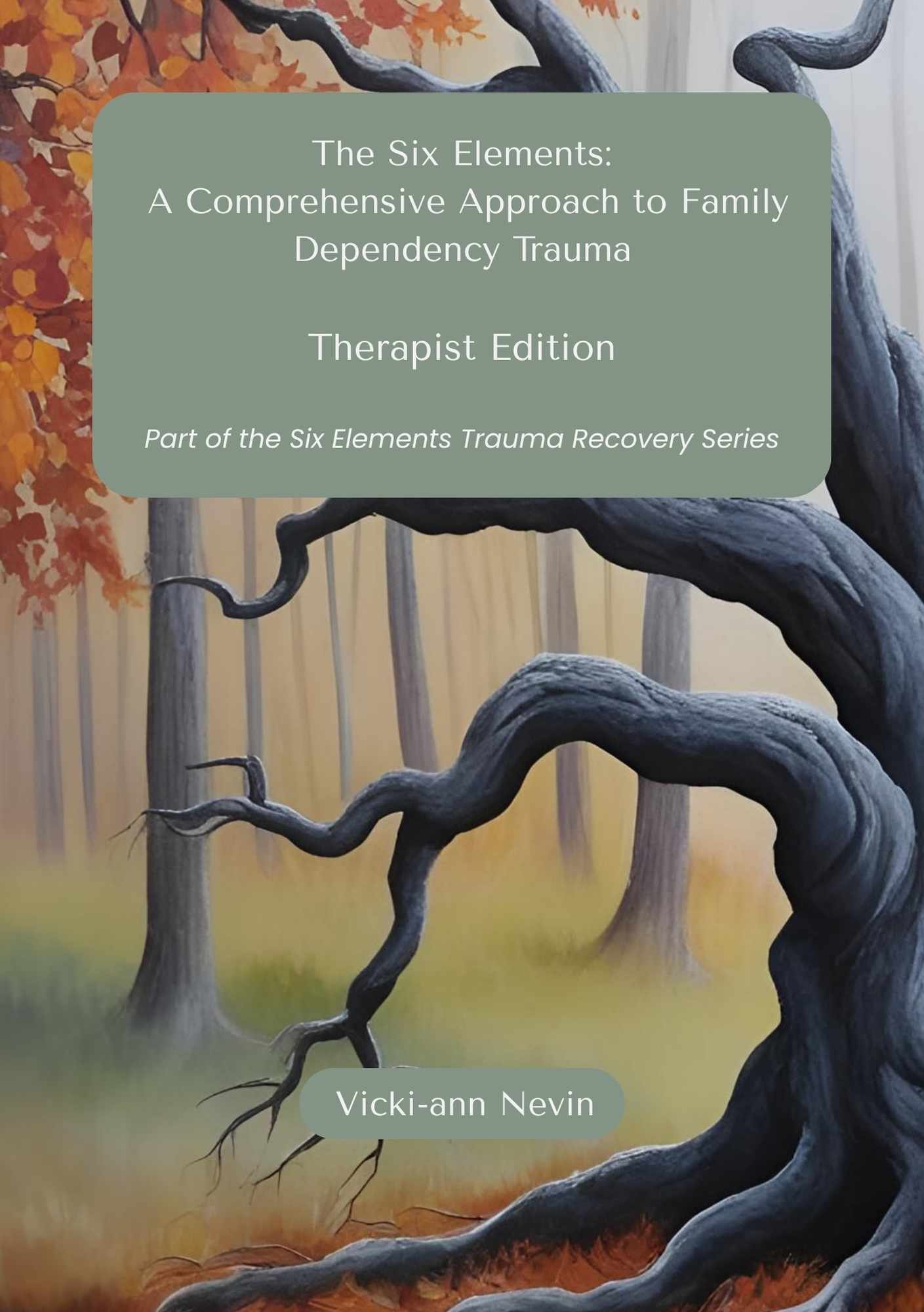The Family Hero: A Role Shaped by Survival, Not Choice
In families impacted by substance or process dependence, one child often steps into the role of the Hero. Driven by a fierce need for approval, this person becomes the responsible one, the achiever, the one who brings pride to the family name. On the surface, they appear to have it all together. They are the child who excels, the teenager with goals, the adult who “made it”.
But underneath this competent exterior lies a complex emotional landscape.
The Family Hero believes they must earn their worth through success. They are often high achievers from a young age, but their emotional world is stunted. In many ways, they become “low feelers” — overdeveloping their performance and underdeveloping their emotional expression. They strive for perfection, believing that if they just do everything right, they’ll finally feel whole, or be accepted, or make everything okay.
Behind the Mask
What’s hidden behind the mask of competence is a deep sense of inadequacy. Heroes carry the silent burdens of shame, loneliness, guilt, confusion, and hurt. No matter how much they achieve, they feel that it’s never quite enough.
As adults, this role tends to intensify. Heroes often find themselves in leadership roles, striving for excellence, but tying their self-worth tightly to accomplishments. Many experience stress-related disorders, develop perfectionistic habits, and live under the constant pressure of unrealistic expectations — both of themselves and others. They are driven by the need for external validation, and may be prone to burnout, workaholism, and a rigid seriousness that leaves little room for joy.
Sadly, some may even develop their own dependencies later in life, or struggle with depression and suicidal ideation. Their outward success can mask a deep inner hollowness.
Heroes are Strong
And yet, the strengths that Heroes develop shouldn’t be overlooked. They are mature beyond their years, dependable, perceptive, independent, and capable. They have stamina, they follow through, and they bring with them a natural inclination toward leadership. These are not flaws — they are powerful traits that, when integrated with emotional awareness and support, can become deep assets in life and work.
If you work with clients who grew up in families marked by addiction or emotional chaos, you’ve likely met many Heroes. You may have been one yourself.
Understanding the Hero role as an embodied survival pattern can help your clients begin to untangle performance from identity, approval from worth. It offers a chance to soften the armour, reconnect with their emotional self, and reclaim the parts of themselves that were set aside to keep the family afloat.
Begin Your Client’s Transformation
For more insight and practical tools to work with this and other core roles, see our workbook. It’s designed to help both therapists and clients explore the adaptive strategies that once protected them, and now limit them and to find new ways forward.


